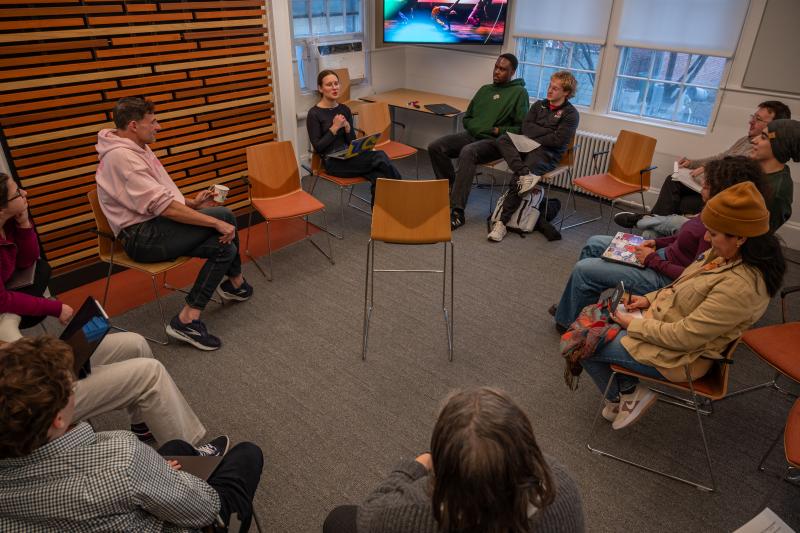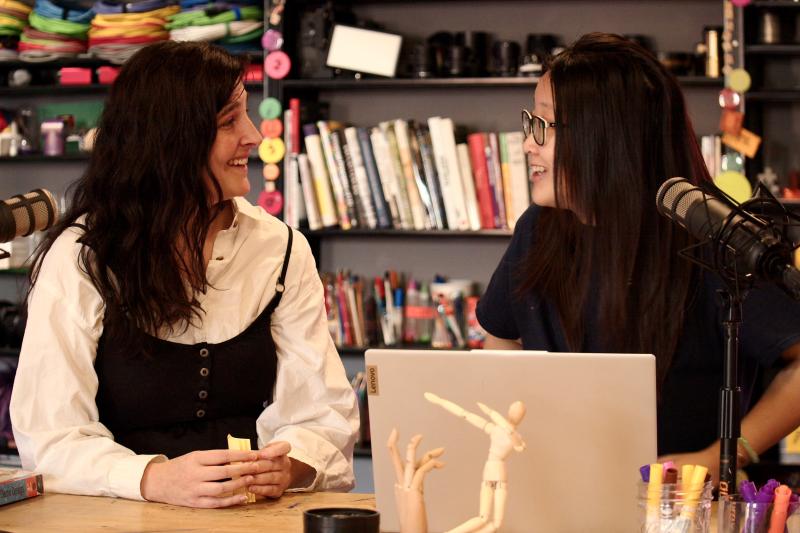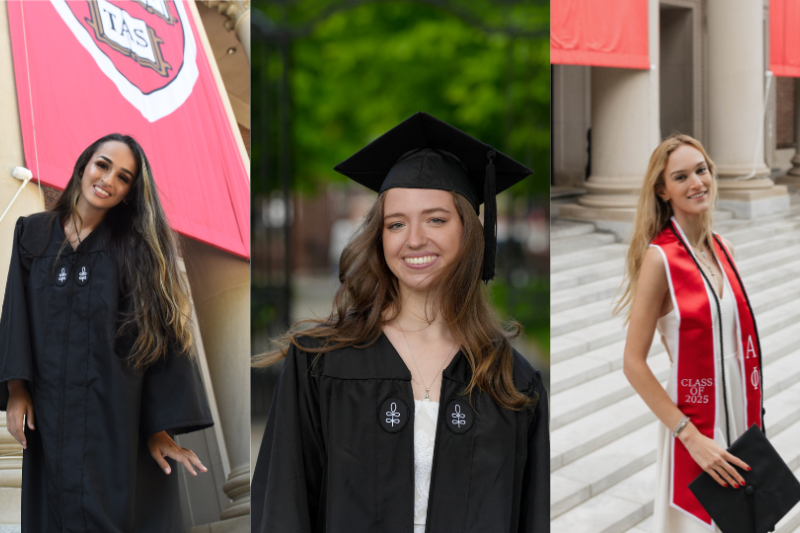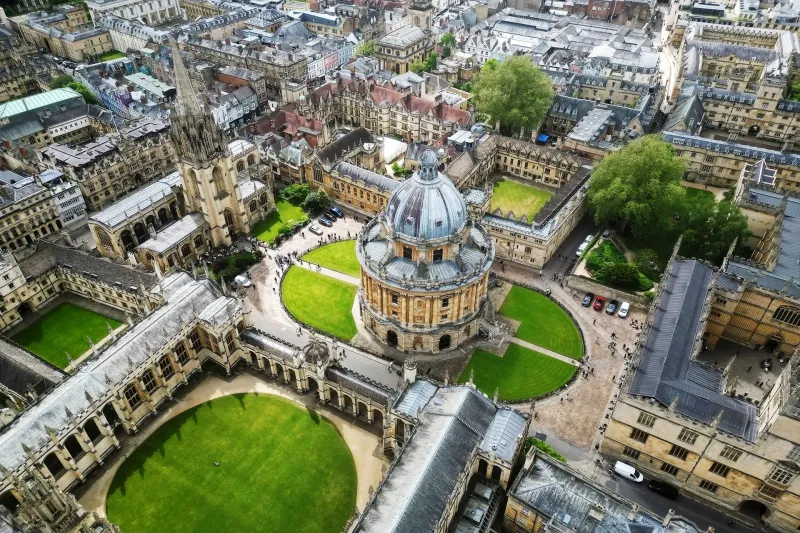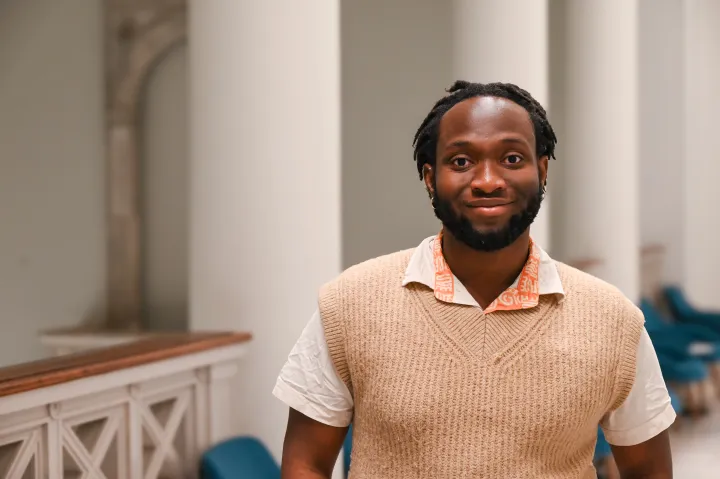
Class Curiosity Spouts River Thesis
Can a river be a living entity?
Harvard College senior Hassan Looky, a joint concentrator in Anthropology and History, is asking this very question as he focuses his thesis on the rights of the Yarra River (Birrarung) in Melbourne, Victoria, Australia.
Looky’s thesis was inspired by his academic curiosity, which was sparked during History 1911: The Rights of Nature, a class taught by Professors James Salzman and Jill Lepore. After learning how legal systems worldwide have granted legal personhood to nature, he dedicated the remainder of his time at Harvard to exploring “environmental law and policies that challenge traditional cost-benefit models.” Initially, he envisioned a comparative study examining three rivers with distinct relationships to legal personhood and Indigenous rights: the Missouri River in North Dakota; the Yarra River in Australia; and the Whanganui River in New Zealand. However, with guidance from his advisors, Professors Malavika Reddy and David Armitage, along with PhD students Mohit Mandal and Ryan Jones, he narrowed his focus to the Yarra River.
The tentatively-titled thesis, “Wilip-gin Birrarung murron (Keep the Birrarung Alive): Colonial Law, Market Logic, and Indigenous Agency in the Quest for Water Justice,” critically examines how the Victorian state governs the river through colonial legal frameworks—including 19th-century riparian rights doctrines and water nationalization legislations—that continue to dispossess the Wurundjeri Woi-wurrung and Bunurong peoples. It then traces these logics into contemporary governance, focusing on the Yarra River Protection (Wilip‑gin Birrarung murron) Act 2017, which declares the Birrarung as “one living and integrated natural entity” and establishes the Birrarung Council. Even though this Act promotes environmental rights and Aboriginal governance, it also limits Indigenous involvement through state-controlled bureaucratic processes.
During the summer of his junior year, Looky conducted six weeks of fieldwork in Melbourne, where he accessed state archives at the State Library of Victoria and Public Record Office Victoria, analyzed colonial and contemporary legislative documents, and interviewed policymakers and Indigenous stakeholders involved in Birrarung governance. His fieldwork revealed how the Act’s designation of the river as a “living entity” interacts with planning regulations, strategic frameworks, and advisory groups, thereby both empowering and restricting Indigenous agency.
The Yarra River: Living Entity
Looky's trip to Australia allowed him to see the Yarra River for himself. During his volunteer work with the Yarra Riverkeeper Association, he planted Indigenous plants along the river.
Serendipitously, his first week in Australia coincided with National Aboriginal Week, providing him with the opportunity to witness firsthand the Aboriginal people's advocacy for recognition in a place that had never signed treaties with them. This experience helped him translate a text-based foundation into lived understanding of where Indigenous rights in Australia stand today.
Openness and curiosity about the topic led him to hours of conversations with Indigenous activists and volunteer work with the Yarra Riverkeeper Association, where he planted Indigenous plants along the river. Looky also experienced learning opportunities from the Australian Archives and Dr. Erin O’Donnell, a senior lecturer and Birrarung Council Member at the University of Melbourne.
While his advisors credit his ingenuity to his interests and are impressed with his ability to seamlessly blend his concentrations at their pinnacles of success — the acme of the Harvard College interdisciplinary education — Looky credits his professors with pushing him to consider more deeply the questions and nuances he originally only brought up in passing. Additionally, he credits the Harvard Australian Studies committee for making his thesis possible.
Progressing through his thesis process with unbridled excitement, he continues to rely on professors’ advice and library archives. “Hassan found me; I feel very lucky and have fun working with him,” Professor Armitage, one of Looky’s advisors, said.
Due to his rare and specialized thesis topic, Looky’s world perspective has broadened, and he feels that he has already embodied one of his thesis’s main goals to see the everyday world in more nuanced ways.
“After spending so much time investigating the Yarra River, I realized I could have studied any river, because every river is a living entity,” he reflected. “I could have even studied the Charles River, right in my backyard!”

